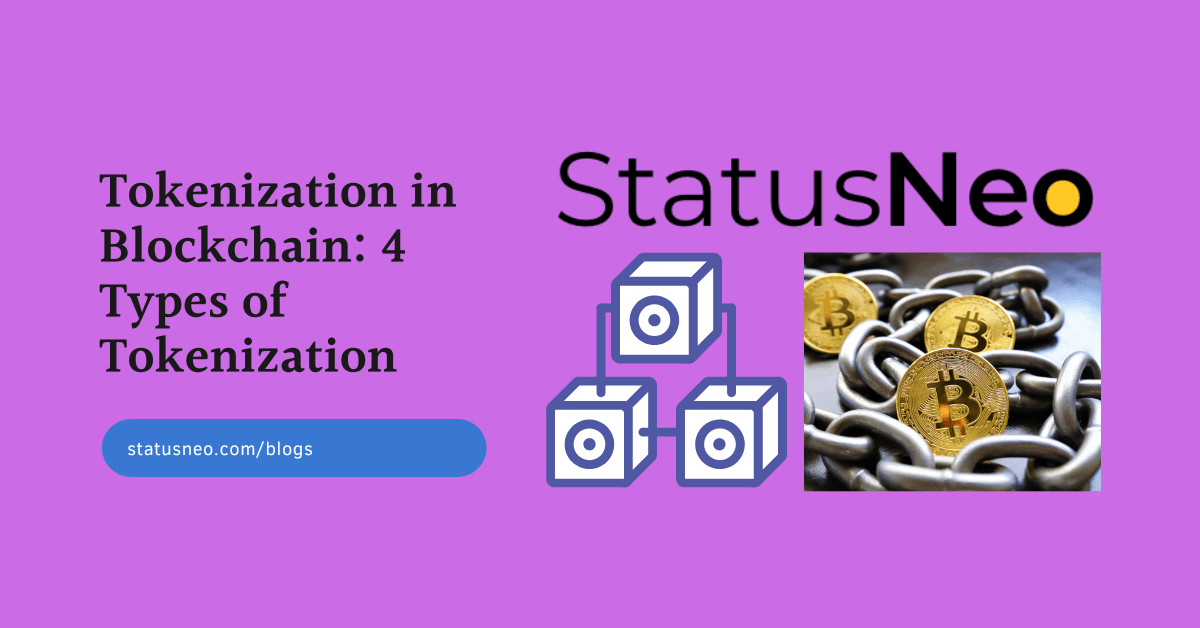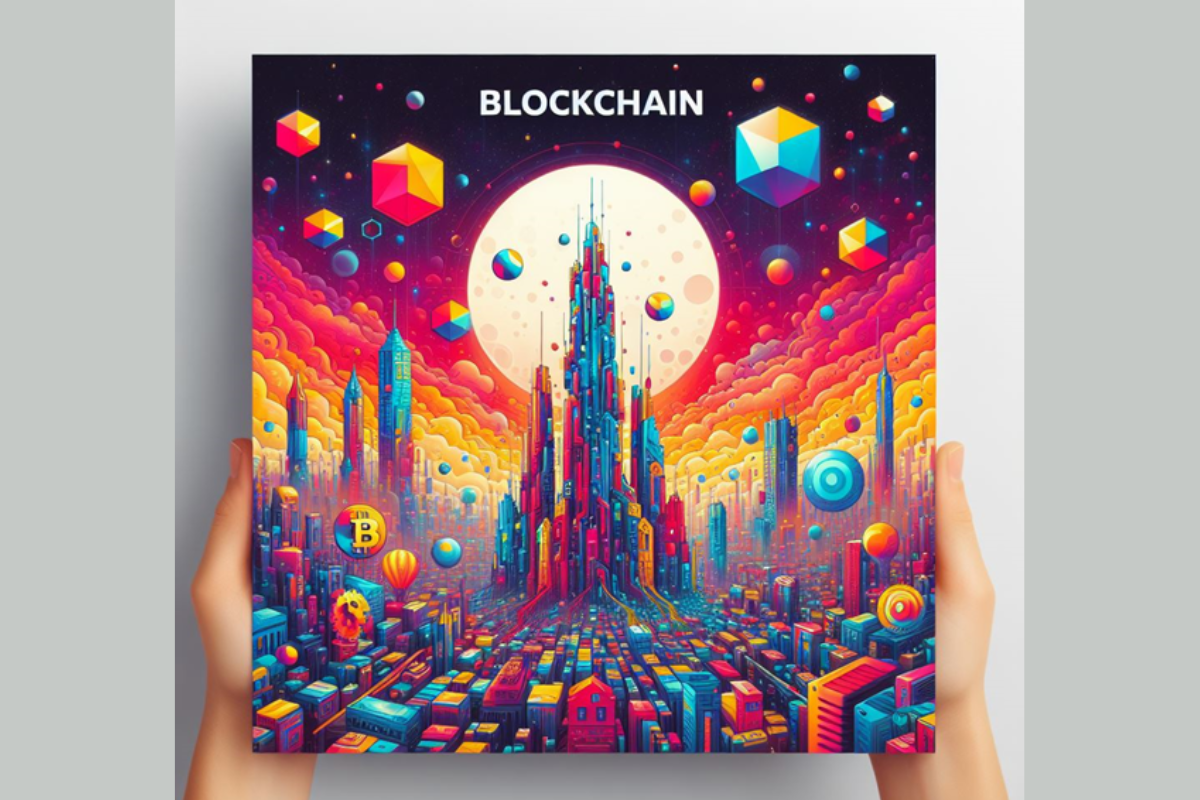Tokenization in Blockchain: 4 Types of Tokenization

The conversion of a significant piece of data, like an account number, into a random string of characters, which is known as a token and that, when compromised, has no meaningful value, is known as tokenization. Whenever tokens serve as a reference point to the original data, they cannot be used to guess the values.
Furthermore, tokenization does not use a mathematical procedure to convert sensitive information into a token, unlike encryption. As a result, no key or technique can reconstruct the original data for a token. On the other hand, tokenization makes use of a database known as a token vault, which stores the link between the sensitive value and the token. The actual data in the vault is then safeguarded, frequently by encryption.
The token value could be used as a replacement for accurate data in a variety of applications. The token is transmitted to the vault if the actual data must be acquired – as in a periodic credit card payment. The index is used to retrieve the actual benefit in the validation procedure. The browser or program performs this action relatively instantaneously for the end-user. They’re probably unaware that the data is being kept in a different format in the cloud.
Tokens have the advantage of having no mathematical relationship to the underlying data they represent. Therefore, they are meaningless if they are broken. No key can convert them back to their original data values. A token’s design can also be considered to make it more useful. For example, the final four digits of a payment card number can be maintained in the token such that the tokenized number (or a piece of it) can be printed on the receipt of the customer so she can see a reference to her actual credit card number. The printed characters could consist of only asterisks and the last four digits. For security reasons, the merchant in this scenario has a token, not a genuine card number.
The several tokenization kinds that can be encountered are as follows:
Tokenization of Platforms
Platform tokenization refers to the tokenization of blockchain infrastructures that enhance the creation of decentralized apps. One of the most well-known examples of platform tokenization is DAI, which may aid in smart contract transactions. Platform tokenization uses the blockchain network as the foundation for greater security and transactional support.
Tokenization of Utility Services
The process of creating utility tokens in a protocol so that they can be used to access the protocol’s services is Utility tokenization. It’s important to note that utility tokenization does not imply the production of investment tokens. Instead, utility tokens provide the platform activity needed to grow the platform’s economy, whereas the platform protects the tokens’ security.

Tokenization of Governance
The rise of decentralized protocols has required yet another primary blockchain tokenization type. Governance tokenization is centered on blockchain-based voting systems, which can improve the decision-making process around decentralized protocols. The benefit of governance tokenization may be demonstrated in the value of on-chain governance, which allows all stakeholders to interact, debate, and vote on the administration of a system.
NFTs (non-fungible tokens)
NFTs are the blockchain’s last and most frequent type of tokenization. Non-fungible tokens digitally represent unique assets, and this type of tokenization has a wide range of applications. Digital artists, for example, may have additional alternatives for regulating the ownership and exchange of their work. In addition, the global demand for NFTs and NFT-based application development has recently skyrocketed. As a result, focusing on the creation of NFTs as a significant variation of tokenization is logical.
6 things about blockchain you may not have known: https://test.statusneo.com/blockchain-6-things-you-may-not-have-known/
Add Comment
You must be logged in to post a comment.








